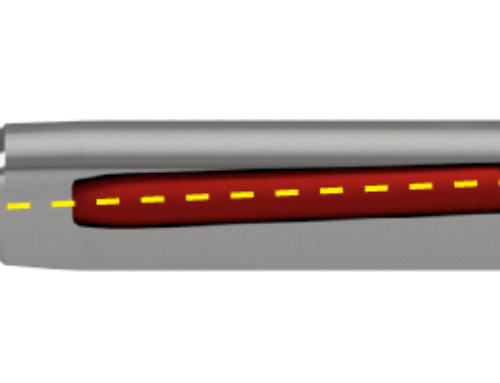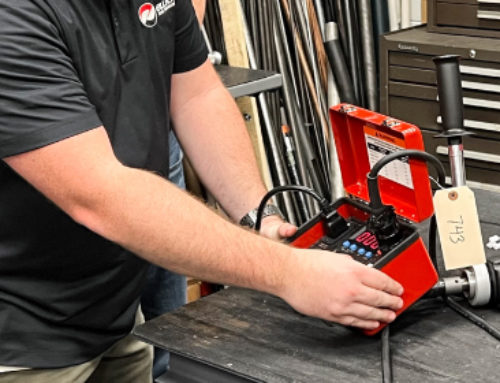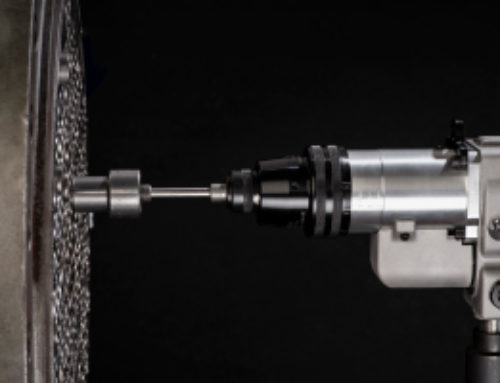Don’t Overlook The Accessories:
How To Increase Tool Life By Using Proper Tool Lubricant
When starting a job it can be easy to overlook your tool accessories. However, lubricant and other accessories can make a challenging task easier and reduce your overall cost. In order to obtain the best results and improve tool life, proper lubrication is necessary. There are many different types of lubricants designed to suit specific applications and operator preferences.
Tube Expansion:
When it comes to tube expansion, there are two main types of lubricants: liquid lubricant and paste lubricant. Liquid lubricant is a semi-fluid, clear synthetic liquid, with deionized water and without sulfur, chlorine, or metallic salts. Paste lubricant is a smooth, water-soluble paste that can be used in an undiluted or diluted state. While some operators have personal preferences with what type of lubricant they use, there are a few industry recommendations and standards to consider.
Liquid lubricant is often used on stainless steel or titanium tubes due to its low sulfur content. It is also commonly used in the electronic and nuclear industries. Paste lubricant on the other hand, is commonly used in air coolers or other applications where the operator is reaching through the header box, as it doesn’t drip into the vessel. When using paste lubricant for copper and brass tubing, it is recommended to dilute the paste. Paste lubricant is also used when the operator wants to put lubrication in the tube prior to rolling.
Both lubricants prolong tooling by keeping the tube expander cool and preventing debris from adhering to the expander’s mandrel and rolls. A cooler cleaner tool will extend tool life by as much as 2 times.

Tube Cutting:
Cutting oil or ‘Boe Lube’ is commonly used with tube end facing tools, internal tube cutters, and grooving tools. Adding a conservative amount will increase the cutting tool’s performance and extend tool life considerably, even when working with brass or copper. While brass and copper are often referred to “soft metals” they are very abrasive when cut and can blunt the tool’s cutting edge quickly. Remember the proper cutting speed and feed is also important for the material being cut. Refer to standard machine tool practices that may be found in the machinist handbook.

Tube Pulling:
When it comes to tube pulling operations, Nickel-based lubrication is preferred. Applying a liberal amount of lubricant on a tube spear’s tube pulling teeth will help prolong tool life. Additionally, spear lubricant makes it easier to remove the spear from the tube after it’s pulled, decreasing job time and cost.
Overall, it is important to use the proper tool lubrication for your application in order increase tool life and decrease cost.
Contact us for more information about proper tool lubrication.





